Figuring Out Fluency in Math
Because fluency practice is not a worksheet.
Let this new series be your roadmap to procedural fluency in math and move beyond the path of doing worksheets and drills with only a focus on the answer.
Fluency in mathematics is more than adeptly using basic facts or implementing algorithms. It is not about speed or recall. Real fluency is about choosing strategies that are efficient, flexible, lead to accurate solutions, and are appropriate for the given situation. Developing fluency is also a matter of equity and access for all learners.
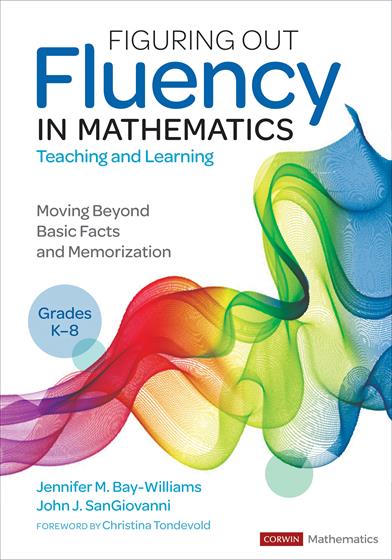
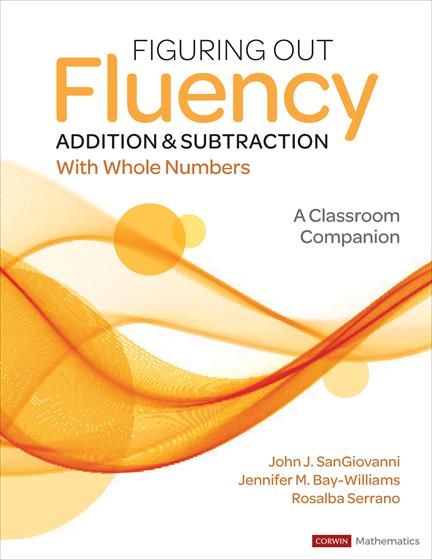
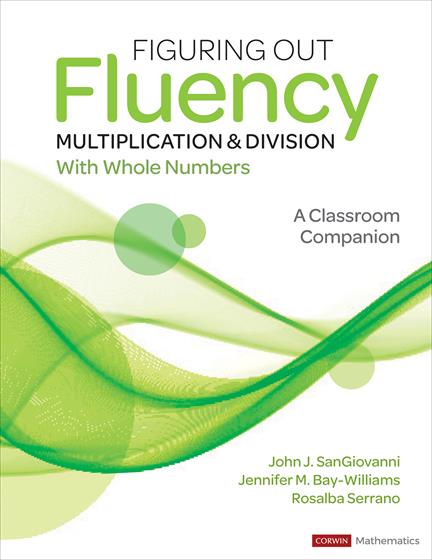
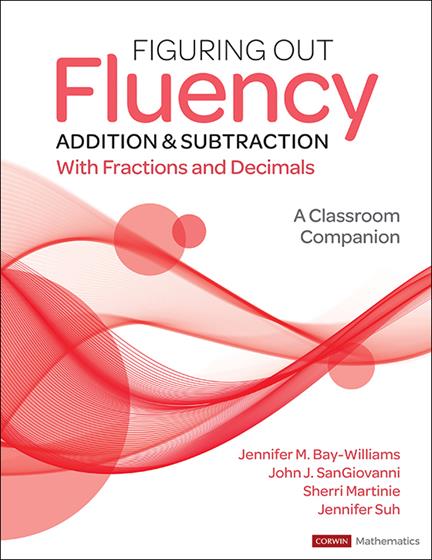
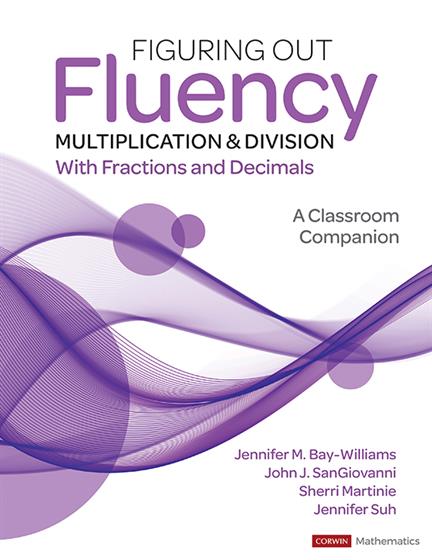
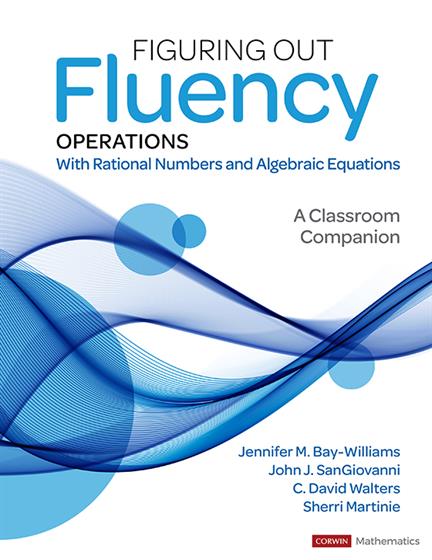
The landmark book Figuring Out Fluency in Mathematics Teaching and Learning offers educators the inspiration to develop a deeper understanding of procedural fluency, along with a plethora of pragmatic tools for shifting classrooms toward a fluency approach. In a friendly and accessible style, this hands-on guide empowers educators to support students in acquiring the repertoire of reasoning strategies necessary to becoming versatile and nimble mathematical thinkers.
Now, teachers have the chance to apply that inspiration through explicit instruction and practice every day with the classroom companions.
Fluency is more than a toolbox of strategies to choose from; it’s also a matter of equity and access for all learners. Give your students the knowledge and power to become confident mathematical thinkers.
Other Resources

Figuring Out Fluency: Beyond Basic Facts and Algorithms
This session examines what procedural fluency is and what it isn't. It addresses myths, strategies, and assessment. It establishes what we must do to teach fluency equitably. Participant learning will be complemented with ready-to-use classroom resources.

4 Great Classroom Games to Get at Real Mathematical Strategy and Fluency
"A mathematics strategy game typically refers to a game that is won by out-maneuvering one’s opponent. Such games abound in apps. Some more common to the mathematics classroom include Nim and Mancala. These games include quantitative and deductive reasoning, and they are fun! But we would like to propose..."

Figuring Out Math Fluency: Going Beyond Basic Facts
In this session, John SanGiovanni and Jennifer Bay-Williams will explore beliefs and practices that stand in the way of fluency, as well as others that provide strong access to fluency.

Corwin Connect: Math Fluency Practice is not a Worksheet!
Students do not achieve fluency in mathematics by completing endless pages of basic facts problems. Learn what mathematical fluency really means and how worked examples, math routines, and math games will help your students develop it.